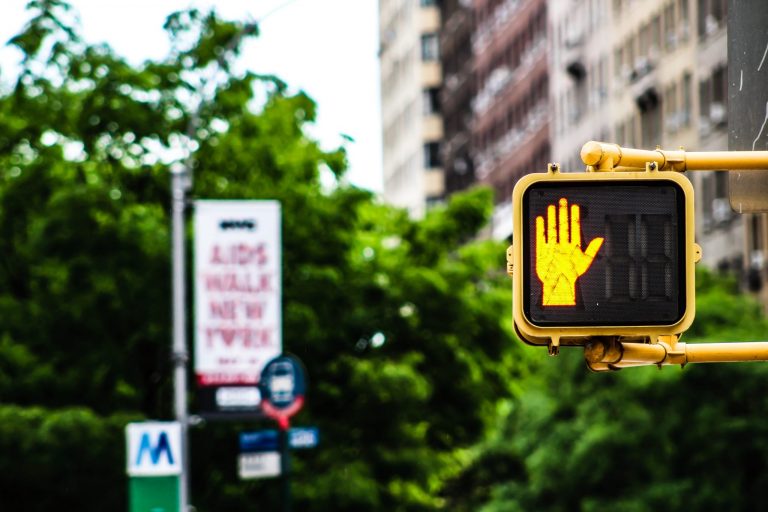We live in a society that has learned not to take no for an answer. We have been socialized to hear no and take it as a challenge to change someone’s mind. It is seen as an invitation to push, persuade, and wear someone down.
What does this mean for consent? What does this mean for abuse prevention? What does this mean for children?
When we say no, it means we do not want something, or we do not want to do something. When we push someone to change their mind, change their answer, we are forcing them to rethink their gut reaction of, “I don’t want to.” This causes us to doubt ourselves and our instincts.
The coercive scripts (e.g. “come on”, “it will just take a minute”, “don’t you like me?”, “I know you want to”, “one can’t hurt”) that exist in our society, may not sound like a big deal on their own, but when we hear them over and over throughout our lives this pestering raises our tolerance for being bothered, bullied, harassed and even abused.
As Bonnie J. Rough says in their book, Beyond Birds and Bees: Bringing home a new message to our kids about sex, love, and equality, pestering, coercion, wearing someone down, becomes normalized. Resistance is expected. And it is expected that this resistance will end in surrender.
In a society where we are trying to teach the concept of consent to children, youth and adults, not taking no for an answer is in direct opposition to the messages we are trying to send. As a Sex Educator, I am teaching young people that they have the right to say no, and they should respect someone else when they say no, in sexual and non-sexual situations. This would be an easier lesson to teach if we were already teaching young people that no is a final answer.
If we respected the answer “no” in everyday life, a red flag would more likely be raised when our no was not respected. This could alert people, including children, that something was not right, or someone had negative intentions. It could stop or prevent bullying, harassment, assault and abuse. If no was respected, there would be no confusion when someone said it.
What society should be teaching and modeling is respect. If someone says “no,” we all need to respect this and say okay — even if it is not the answer we want to hear. We could be honest and say no when we wanted to, instead of making excuses or talking in roundabout ways. This could increase people’s comfort in everyday life, allow us to feel more relaxed, and ensure bullying, harassment and abuse were not normalized.
Next time someone does not respect your answer of “no,” confront them. Ask them why they are not listening. Ask them if their feelings are more important than yours. Don’t change your mind or let them wear you down. Let’s normalize that.
Stacey Jacobs is the sexual health educational manager at SHORE.

